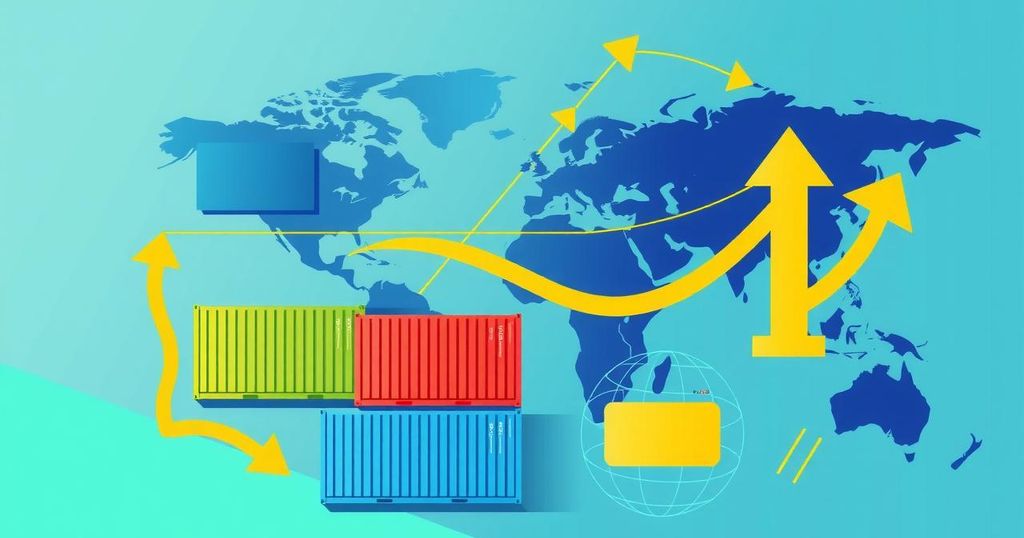Dhruva Jaishankar outlined President Trump’s tariff priorities involving Canada, Mexico, China, and the EU, signaling potential impacts on India’s economy due to global reciprocal taxes. The Raisina Dialogue was highlighted as a constructive forum for addressing key geopolitical issues. Jaishankar also discussed the Russia-Ukraine ceasefire negotiations, emphasizing India’s willingness to mediate amidst challenges for the Global South, including institutional reform and climate justice.
Dhruva Jaishankar, Executive Director of the Observer Research Foundation (ORF), articulated the tariff priorities of President Donald Trump, which include Canada, Mexico, China, and, to some extent, the European Union. He noted that India has been somewhat exempt from these tariffs thus far. In a dialogue with ANI, he stressed that the global reciprocal taxes announced by Trump could significantly impact India and several other nations.
Jaishankar mentioned that recent discussions between India’s Union Minister of Commerce and Industry and the U.S. Trade Representative involve hopes for an interim agreement by April 2. He stated, “So far, thankfully, India has been a little exempt.” He cautioned that India, with its higher tariffs compared to the U.S., may be notably affected by these tariffs, necessitating negotiations to mitigate potential repercussions.
Jaishankar remarked on the ongoing Raisina Dialogue, emphasizing its role as a significant global forum with over 4,000 delegates from various countries. He described the event as distinctively positive when compared to other international conferences, noting, “the tone is actually quite positive and constructive.” He highlighted themes such as connectivity and trade among the many topics being discussed, reflecting on geopolitical shifts impacting the global community.
On the Russia-Ukraine conflict, Jaishankar noted that Ukraine has reached an agreement for a ceasefire, now pending Russian response. He indicated that the outcome may depend on the United States’ level of involvement and European support for Ukraine moving forward.
When questioned on India’s potential intermediary role in the dialogue between Russia and Ukraine, Jaishankar replied that while Saudi Arabia has taken the lead, India remains open to facilitating discussions if both parties agree. He acknowledged that negotiations involving global players could influence developments in the peace process, mentioning the importance of Russia’s forthcoming response to the ceasefire proposal.
Jaishankar identified three crucial issues relevant to the Global South, pertinent to India: institutional reform particularly for organizations like the World Bank and IMF, health and food security concerns exacerbated by the COVID-19 pandemic and the Russia-Ukraine conflict, and the matter of climate justice. He expressed concern that the U.S.’s current approach may hinder rather than help these critical issues, mentioning, “there are three sets of issues that matter and which also matter for India.”
Overall, the discussions raised during this period reflect significant geopolitical dynamics that not only relate to trade tariffs but also the broader context of geopolitical relations and the challenges faced by the Global South.
In summary, Dhruva Jaishankar emphasized the tariff priorities outlined by President Trump, the potential impact on India’s economy, and the significance of international dialogues such as the Raisina Dialogue. He underscored the critical issues facing the Global South, hinting at the need for collaboration and diplomatic negotiations to address mutual concerns amid shifting geopolitical landscapes. The dynamics of the Russia-Ukraine conflict remain fraught, with India potentially poised to play a role as a mediator if circumstances allow.
Original Source: www.business-standard.com






